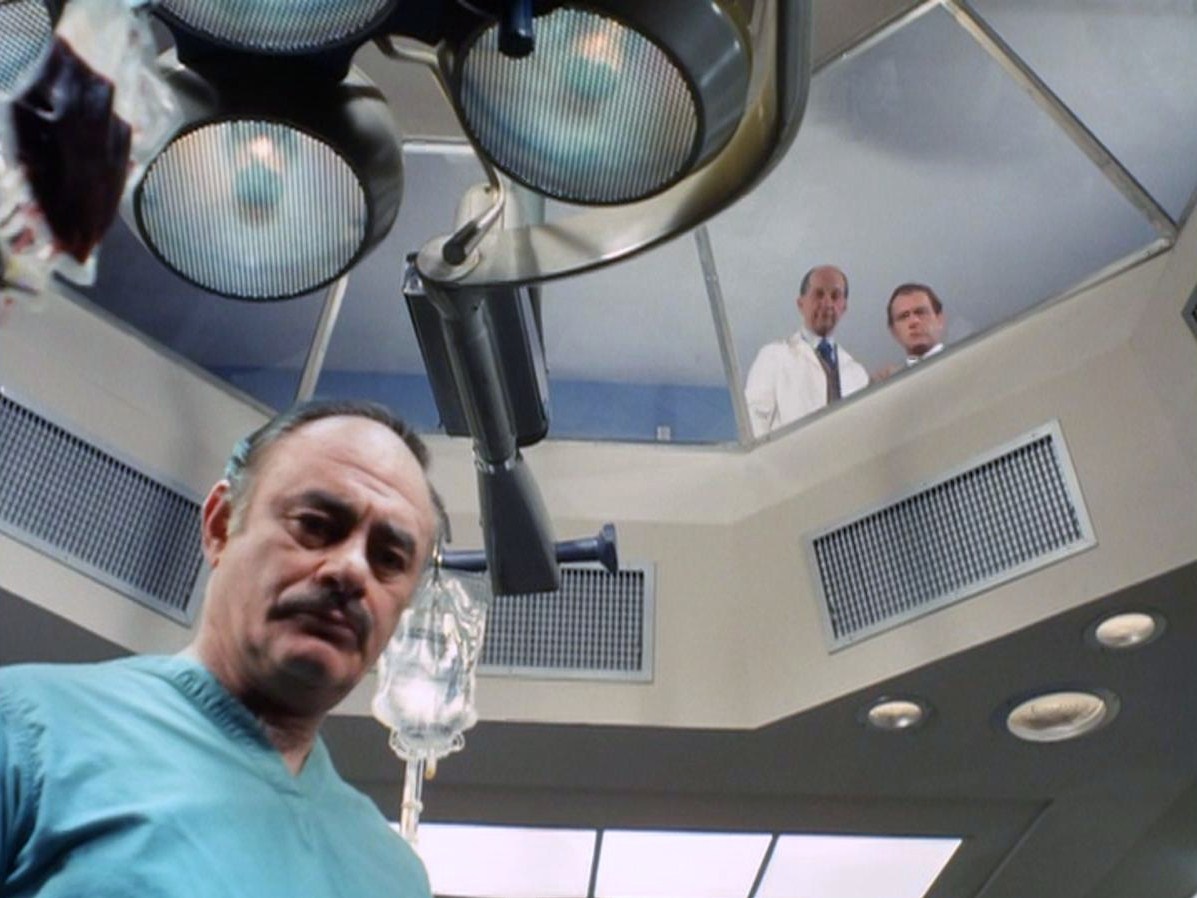CRISPR’s surprising success has swept us into an age when it all seems possible: the manipulation of humans, animals and plants, even perhaps of extinct species. Which way forward?
The geneticist George Church, who has long had visions of rejuvenated woolly mammoths and augmented humans, is interviewed about our brave new world at Edge. He realizes some bristle at manipulation of the Homo sapiens germline because it calls into question all we are, but apart from metaphors, there are also very real practical concerns over the games getting messy and possibly dangerous. The good (diseases being edited out of existence, organs being tailored to transplantees, etc.) shouldn’t be dreams permanently deferred, but it is difficult to understand how bad applications will be contained. Of course, the negative will probably unfold regardless, so we owe it ourselves to pursue the positive, if carefully. Church himself is on board with a cautious approach but not one that’s unduly so.
An excerpt:
New technologies do change our perception of ourselves. It used to be new discoveries, and it still is; it’s integrating. If you have a new technology like a telescope, it can cause a discovery about where our planet sits in the universe—whether it’s at the center or not—but more and more frequently in the present, we have new technologies.
Sometimes people ask me why everybody is so worked up about applying CRISPR to the germline of humans. They’re not worked up particularly about applying it to the germline of animals. We just got approval for genetically modified salmon, and plants have been genetically modified for many years now. Even though some people will eat it and some people won’t, the fact is it’s a multibillion dollar business.
Why are humans special? You could say we have the Food and Drug Administration (in multiple countries) that makes sure every new medical technology, whether it’s a medical device or pharmaceutical has to be safe and effective. It does you no good to have a drug that’s safe but does nothing, nor having one that’s very effective but kills people.
What is it that makes germline manipulation of humans special? It’s what you were just getting at—our perception of ourselves. If we feel that we can change any aspect of ourselves, where do you begin and where do you stop? and who sets those rules?
When you’re in a more primitive phase of the technology, you don’t have to ask that question because it seems so far off. We can only make minor changes: a little nip-and-tuck, cure a few vaccines; it doesn’t fundamentally change human nature. But if you ever did get a tool where you could fundamentally change human nature to anything you wanted—any hybrid with any animal properties that you like, hybridization with your inorganic machines that’s more intimate than it is now—that changes our view of ourselves. I guess that’s why people not only want more caution than ever before, which I would concur. They want maybe so much caution that it can never happen. There are many technologies that get banned at one point or another; it’s not unusual. Railroads were banned because trains were colliding with one another, sometimes in the middle of towns.•
Tags: George Church

